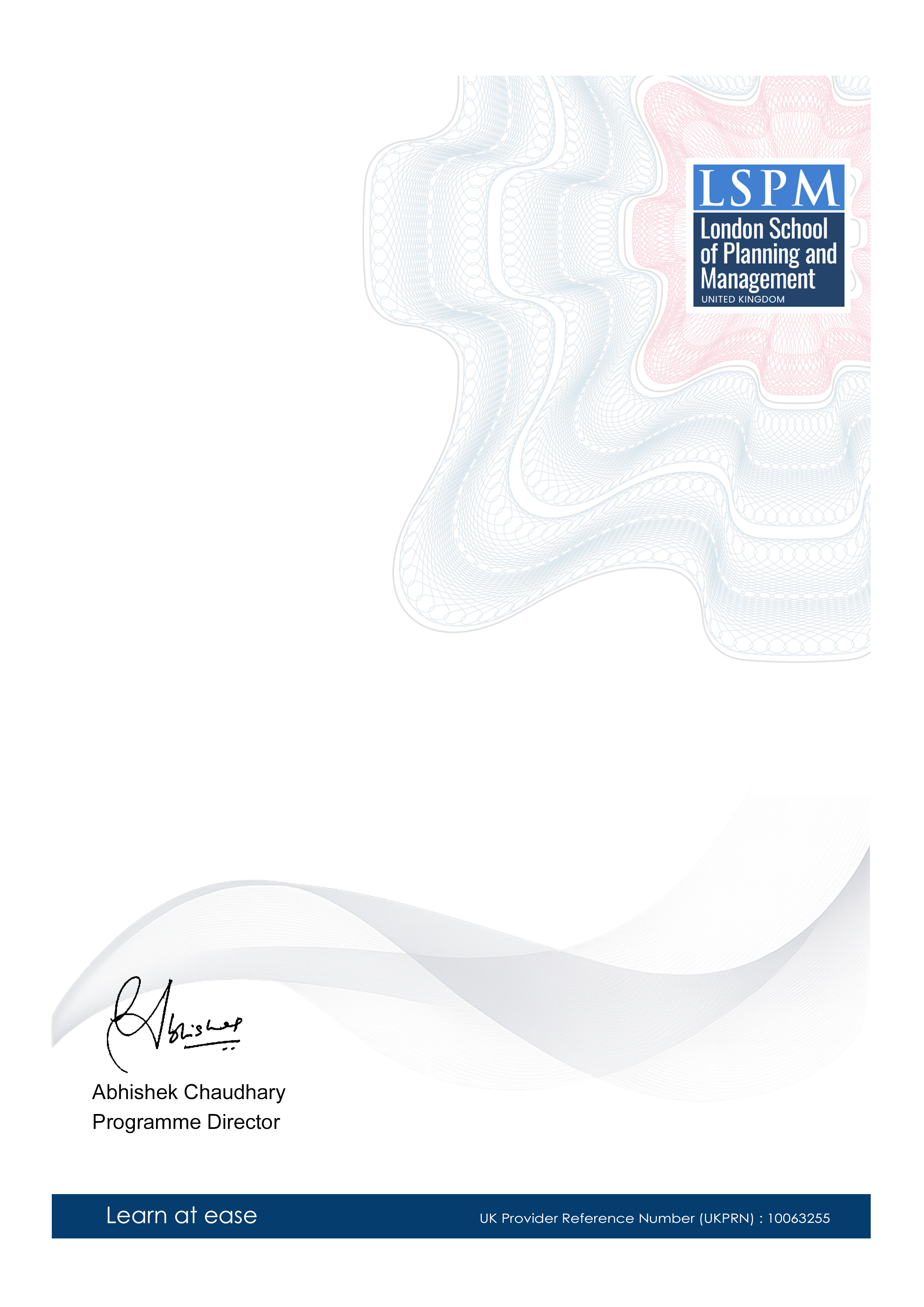Professional Certificate in Marine Navigation
-- viewing nowThe Professional Certificate in Marine Navigation is a comprehensive course designed to provide learners with the essential skills needed for successful careers in marine navigation. This program covers a wide range of topics including marine navigation rules and regulations, chart navigation, piloting, electronic navigation aids, and navigation safety.
5,101+
Students enrolled
GBP £ 149
GBP £ 215
Save 44% with our special offer
About this course
100% online
Learn from anywhere
Shareable certificate
Add to your LinkedIn profile
2 months to complete
at 2-3 hours a week
Start anytime
No waiting period
Course details
• Marine Navigation Fundamentals: Basic concepts and principles of marine navigation, including chart navigation, position fixing, and plotting.
• Navigational Instruments: Use and care of navigational instruments such as compasses, GPS, and radar. Understanding of electronic chart display and information systems (ECDIS).
• Marine Chart Symbols and Navigation Aids: Interpretation of marine charts, navigation aids, and symbols, and their use in marine navigation.
• Terrestrial and Celestial Navigation: Techniques for navigating using terrestrial and celestial bodies, including use of sextants and calculation of position.
• Marine Weather and Forecasting: Understanding of marine weather systems, forecasting, and its impact on navigation.
• Collision Avoidance and Rule of the Road: Techniques for avoiding collisions at sea, including knowledge of the International Regulations for Preventing Collisions at Sea (COLREGs).
• Ship Handling and Stability: Principles of ship handling, maneuvering, and stability, including factors affecting stability and how to maintain it.
• Emergency and Rescue Procedures: Knowledge of emergency and rescue procedures, including use of emergency position indicating radio beacons (EPIRBs) and search and rescue transponders (SARTs).
Career path
Entry requirements
- Basic understanding of the subject matter
- Proficiency in English language
- Computer and internet access
- Basic computer skills
- Dedication to complete the course
No prior formal qualifications required. Course designed for accessibility.
Course status
This course provides practical knowledge and skills for professional development. It is:
- Not accredited by a recognized body
- Not regulated by an authorized institution
- Complementary to formal qualifications
You'll receive a certificate of completion upon successfully finishing the course.
Why people choose us for their career
Loading reviews...
Frequently Asked Questions
Course fee
- 3-4 hours per week
- Early certificate delivery
- Open enrollment - start anytime
- 2-3 hours per week
- Regular certificate delivery
- Open enrollment - start anytime
- Full course access
- Digital certificate
- Course materials
Get course information
Earn a career certificate

